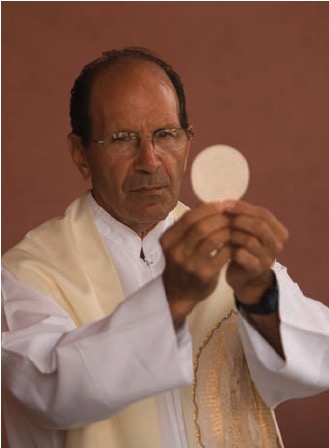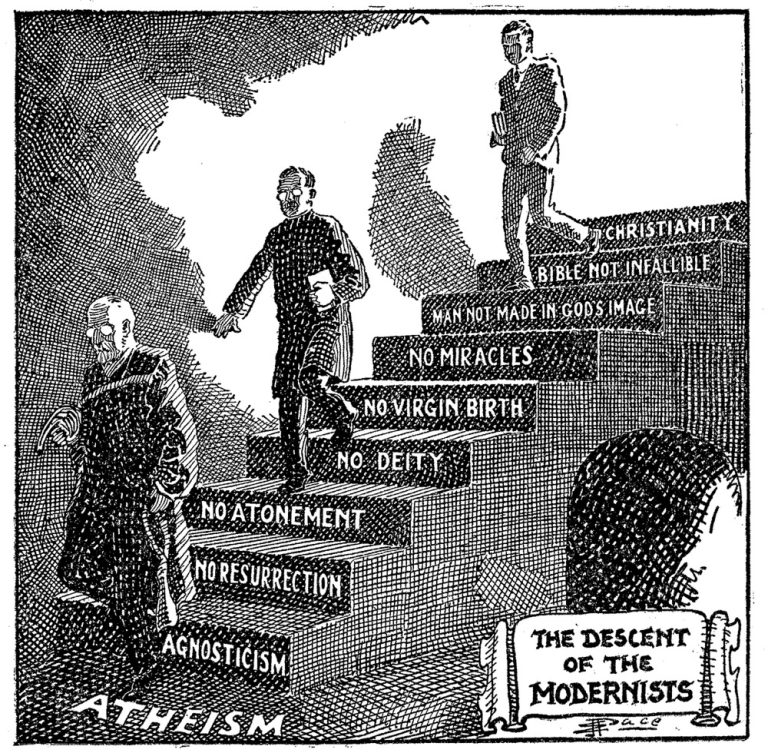Catholic Fundamentalists look at cash flows to find both sin and the near occasion thereof. While we have enough sin of our own to deal with, we want to be sure that we aren’t getting into other sins as we develop different interests.
Partial definitions are in order:
1. Government: Earthly powers that are able to enforce, direct, and maintain cash flows from those they favor less to those they favor more.
2. People: Beings with free will who are forced to choose different cash flows to maintain the standards for which they choose to strive. All people participate in cash flows.
3. God as Judge: He Who will judge the appropriateness of the cash flows in which we willingly participated and the effects of our participation.
4. Appropriateness of cash flows: The degree to which participating in any given cash flow joins or separates people from the Kingdom of God.
A. Some cash flows in competitive markets can be good. Agriculture, mining, construction, medicine, and manufacturing can be beneficial. Pornography and gambling exist in competitive markets, but are always bad.
B. Medical cash flows are good if they prolong life and reduce pain at the lowest possible cost so the largest number of people can receive the maximum benefits.
Souls whose minds and bodies make a living from mandated cash flows must be very careful.
Consider a toll booth worker. If he makes forty dollars an hour in a job that he has gotten through political patronage, and the job’s real value is the eight dollars an hour that McDonald’s and other employees who need similar skills pay for it, is the toll booth worker’s soul able to be saved? Can the souls of politicians who make such jobs possible be saved? Can such a structure exist without overcharging taxpayers? Is overcharging taxpayers different from stealing?
Can the soul of a public school employee who is making two or three times what a parochial or private school worker makes, and will make as much more than that in pension, and who teaches in such a way (whole language, new math, etc.) that his students are forever more ignorant and unable to function at at capacity, be saved?
Are any questions more important?
We know that Jesus told the Roman soldier not to steal more than he was paid, but He also said that “if you lead a little one of mine astray, it would be better to have a millstone tied around your neck and be thrown into the sea.”
Catholic Fundamentalists assume from the above passages that the toll booth worker has a better chance of salvation, or, at least a place of less eternal pain, than the whole language teacher.








